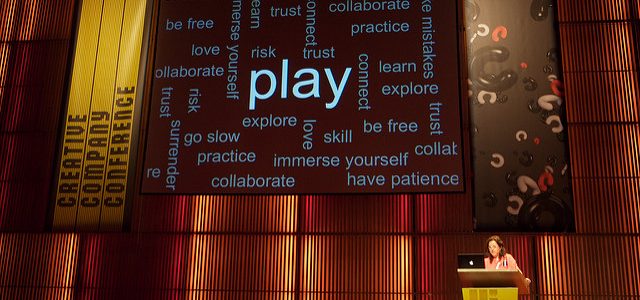Given the technological advances over the 15 years , the complexity of many peoples’ lives has increased tenfold. There are hundreds of tools that make work easier to complete: computers, printers, fax machines, word processors, and smart phones can be valuable tools that will increase productivity. While many of these products can improve work flow and collaboration, they can blur the boundary between work and home life.
Although it may be difficult to have a solid boundary between work and home life, it is imperative to set some boundaries so that both rejuvenation and creativity can result. As new communication technologies have spread in popularity, many people find themselves working 50-70 hour work weeks. After 8 hours in an office or other workplace, an employee may be expected to follow through on assignments and other projects while at home. Some collaborative projects may permeate all parts of an employee’s life. And, more and more people are self-employed and working long hours day and night.
Over time, a lack of any boundaries between work and pleasure can create chronic stress in an individual. Chronic stress can lead to chronic illness. And, as work from an office spills over into one’s personal life, the stress and anxiety of the workplace can place an emotional toll on relationships, emotional health, and outside interests.
It’s essential to create breaks – both short and long – between work and non-work time. After leaving the office ( including home office), do not work on any assignments. Minimize work-related phone calls, and allow voice-mail to catch work related calls.
While some managers may consider this inappropriate behaviour from an employee, it can be beneficial to both the individual and the organization. The human mind isn’t designed to concentrate on the same task for 8-10 hours each day. Most people are only capable of deep concentration for a few minutes at a time. By taking regular breaks, creating boundaries between work and home, and respecting one’s free time, chances are greater that both the amount of productivity as well as the quality of work will increase.
In addition to improving productivity, taking regular breaks can improve one’s creativity. It’s impossible to create thoughts out of nothing — creativity comes from life experiences, day dreaming, and social interaction. By allowing one to experience a world outside of work, it’s possible to improve one’s work performance. And Yes, taking regular breaks can reduce work-related depression and improve happiness.






